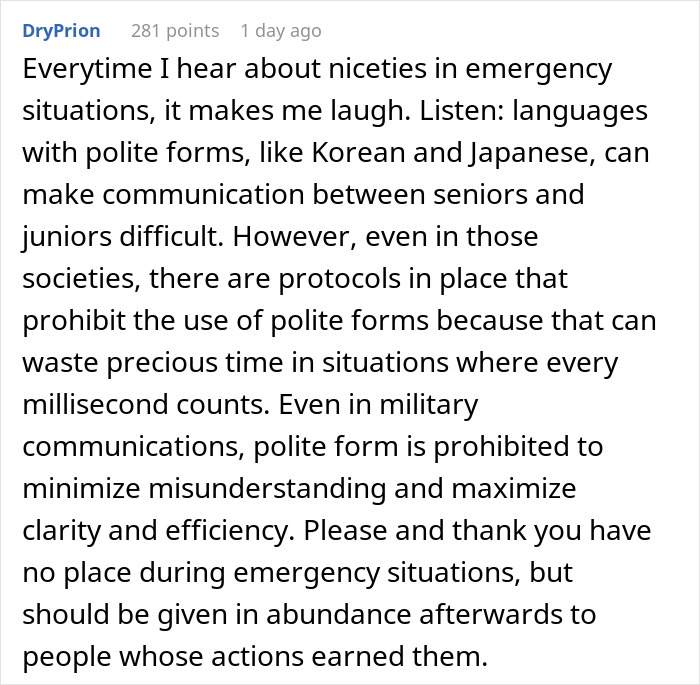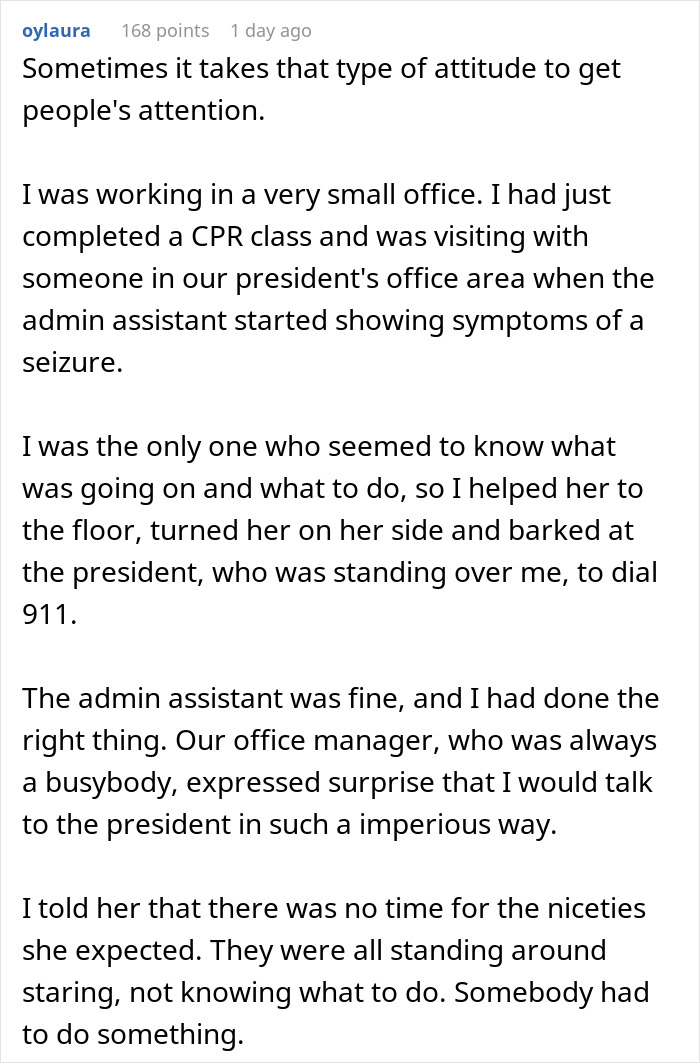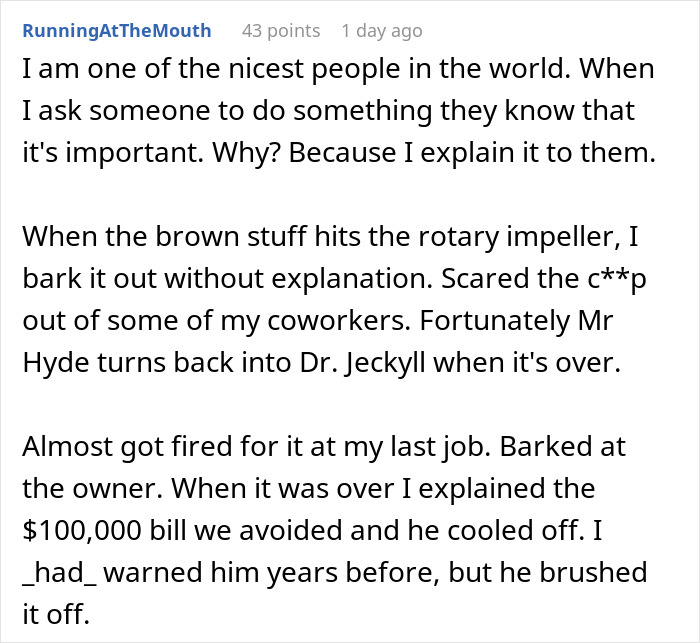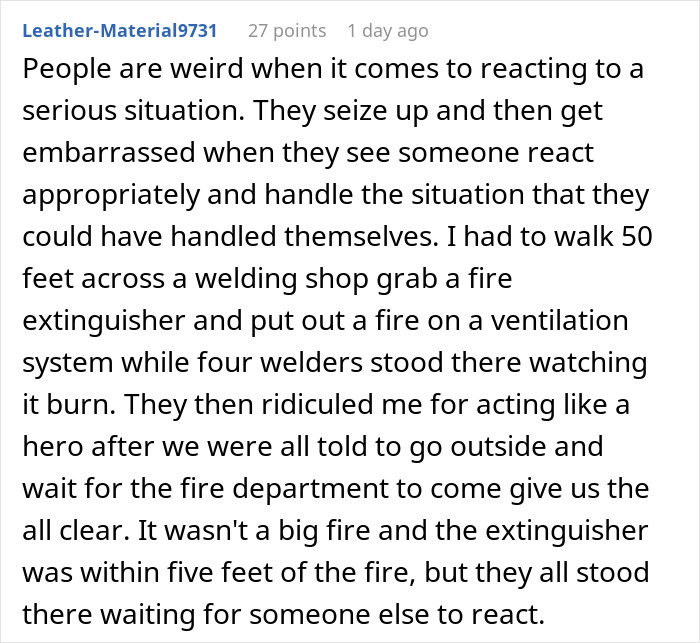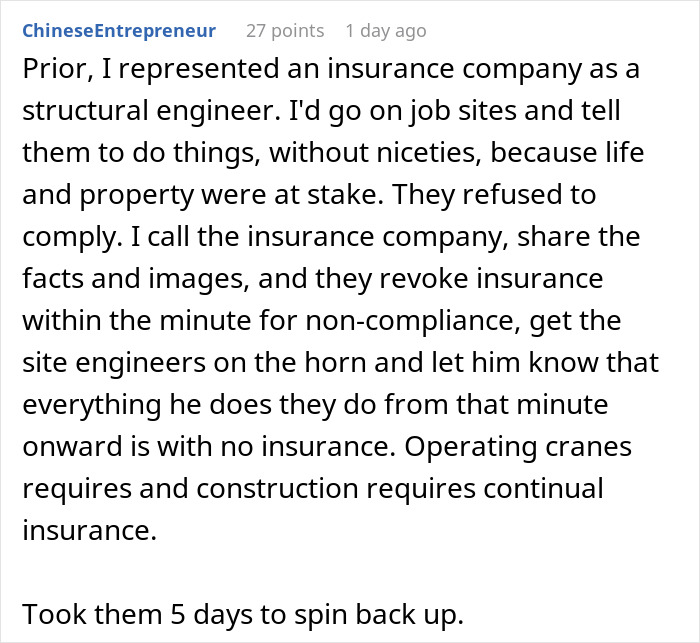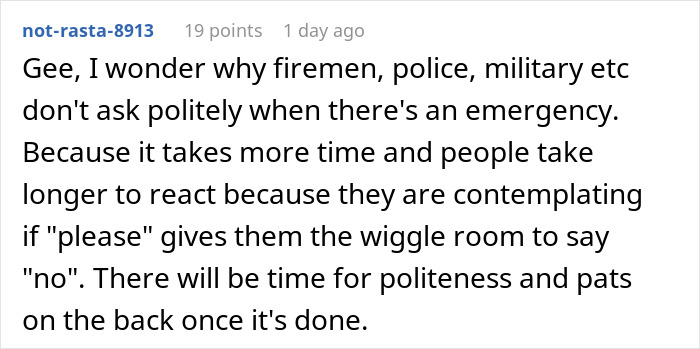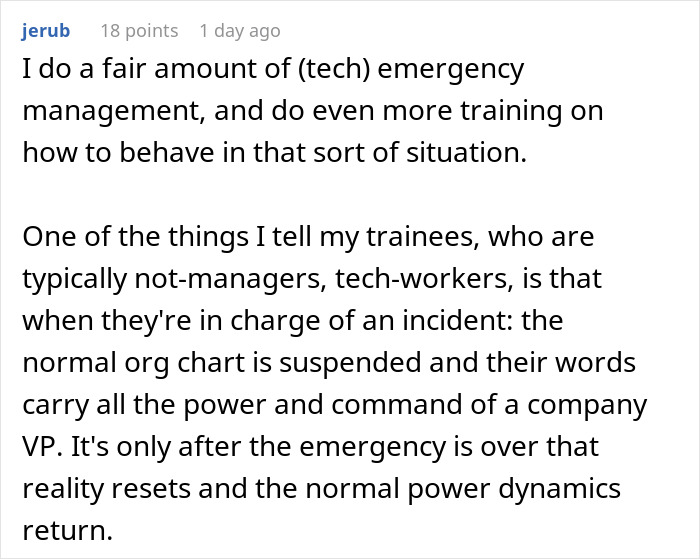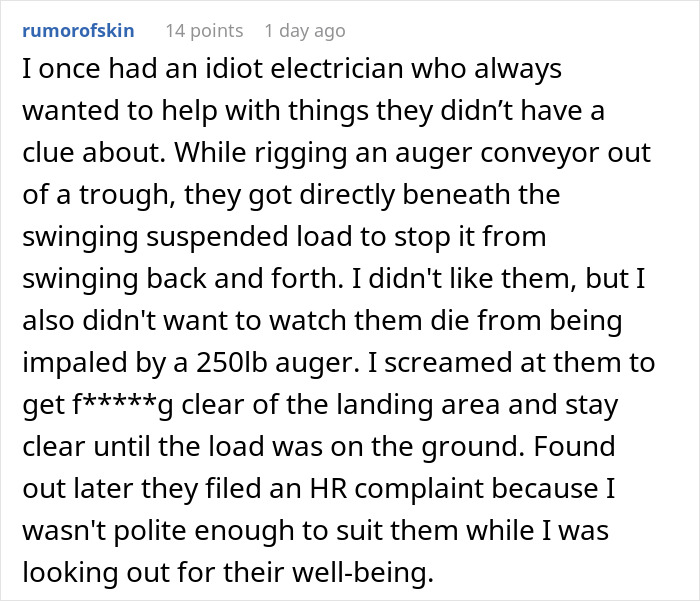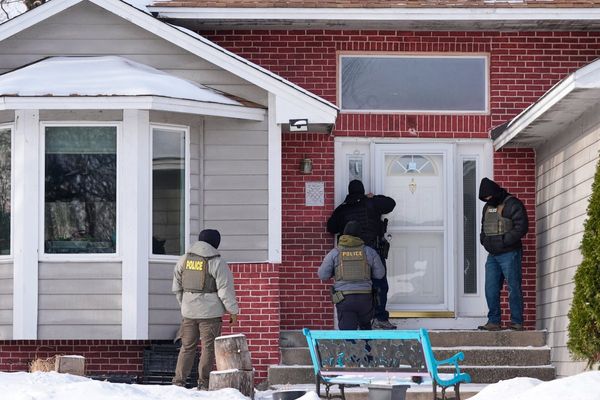There’s a time and a place for everything. Sure, politeness, diplomacy, and good manners are essential in workplace environments. We’re big fans of them. However, when there’s a disaster of epic proportions heading your way, it might be time for proactivity and using more urgent language. Otherwise, your colleagues might not understand that they have to take action immediately.
Redditor u/Brewthirty17, who used to work at a major petroleum company, recently went viral after sharing how being overly polite at the wrong time can spell disaster. Scroll down for his story in full. Bored Panda has reached out to u/Brewthirty17 via Reddit, and we’ll update the article as soon as we hear back from him.
If there’s an incoming disaster, politeness might have to take a back seat for a little while

Image credits: anatoliy_gleb/Envatoelements (not the actual phtoo)
One petroleum company employee shared how he proved to his company that being overly nice in critical situations doesn’t always work
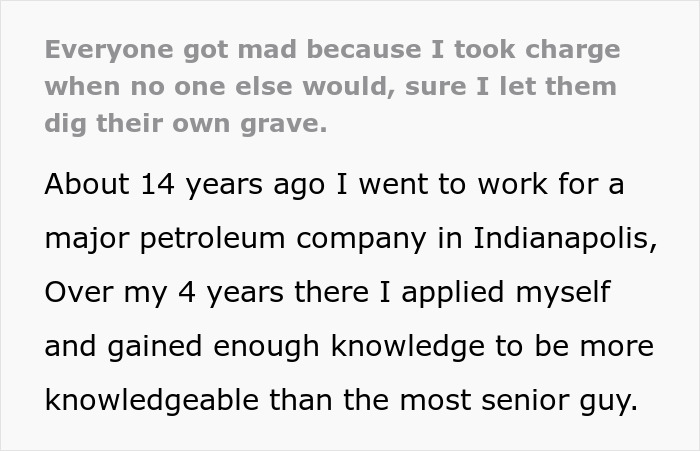

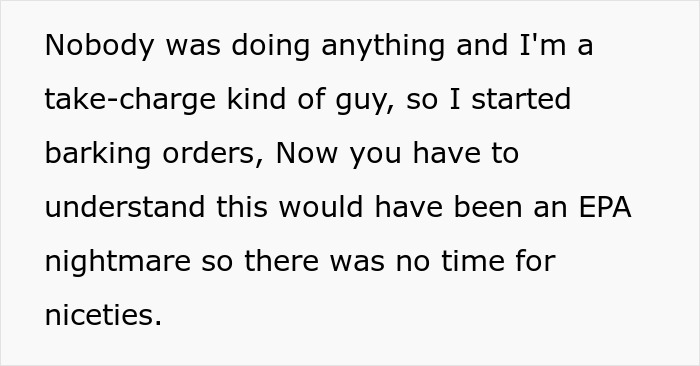
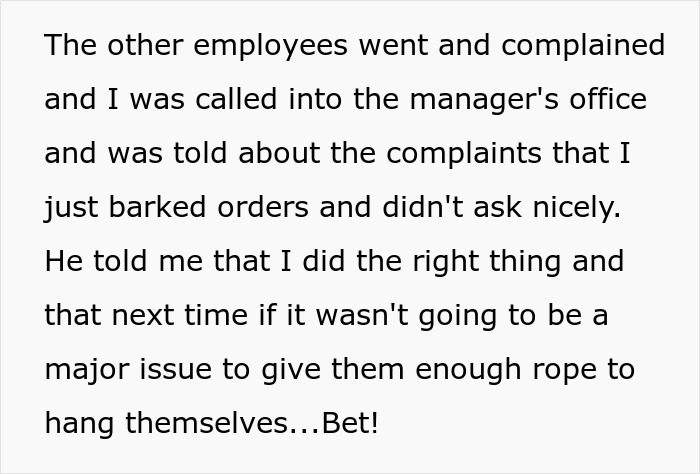
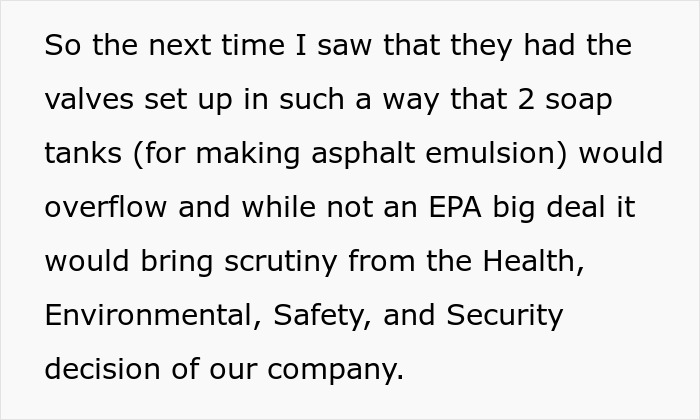


Image credits: anatoliy_gleb/Envato elements (not the actual photo)
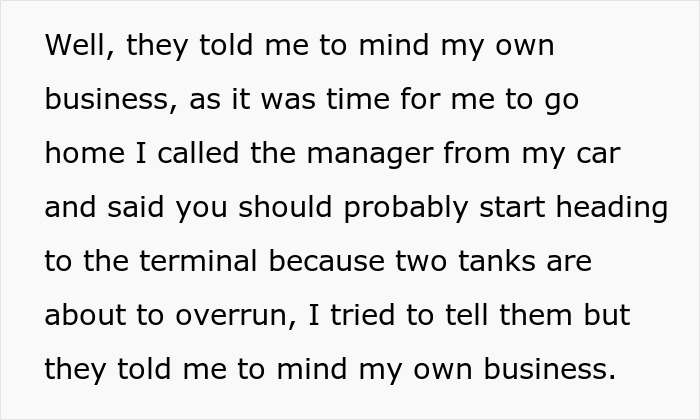
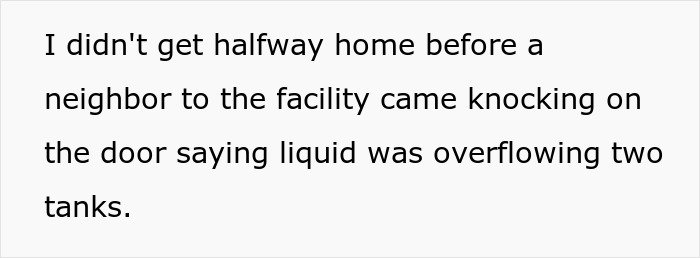
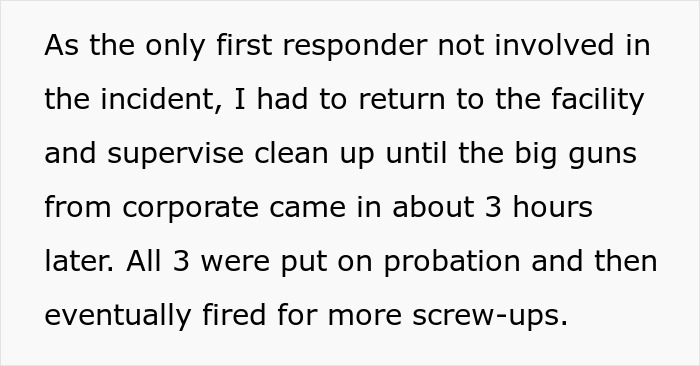
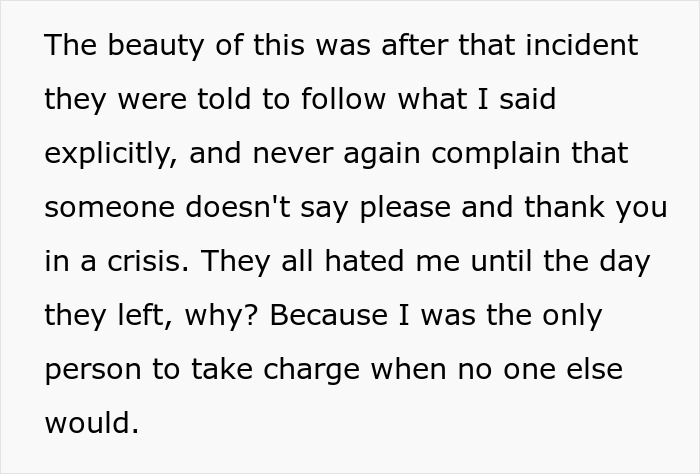
Image credits: Brewthirty17
Respectful communication isn’t always possible when the stakes are high
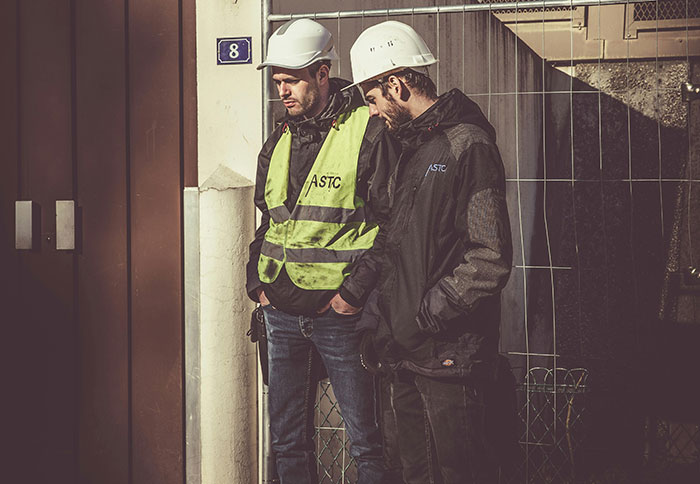
Image credits: James Frid/Pexels (not the actual photo)
Workplace leadership is centered around balance. On the one hand, you want to be empathetic and supportive, as well as inspire your colleagues to go above and beyond the call of duty.
On the other hand, as a boss or manager, you are expected to get results. There are efficiency goals, profit margins, investor expectations, and [checks notes] key performance indicators to consider.
Even at the best of times, balancing the more human aspects of business with the financial ones is a tough task. Now imagine doing that under intense pressure.
In critical situations, whether we’re talking about business or politics, it becomes necessary to prioritize. You weigh your options and consider the consequences of each alternative course of action.
For instance, you might come to the conclusion that not taking charge (i.e. remaining passive) would be awful for absolutely everyone involved, so you step up and potentially put your career on the line for the greater good.
Similarly, you might recognize that under these specific circumstances, you may need to temporarily sacrifice one thing (e.g. being super nice to everyone) to get the desired result (i.e. everyone responds to avoid a major disaster).
In tense situations, leaders have to decide what outcomes are the most desirable and what sacrifices they have to make

Image credits: Andrea Piacquadio/Pexels (not the actual photo)
However, it’s frustrating when you get called out for what, objectively, is a massive win. Niceness, while fundamental to most human interactions, can have negative consequences for businesses if it’s used at all times without regard for the context.
Politeness and respect should be the default for no-risk everyday interactions. But when we’re talking about the possibility of a major oil spill, you have to be honest with yourself: is someone’s feelings getting hurt more important than an ecological catastrophe?
Similarly, in other critical situations, like war, natural disasters, and the like, human lives take precedence over feelings. While it would be wonderful if everyone were polite all the time, you also need to know that the people around you can follow orders when needed instead of standing idly by, avoiding taking on any and all additional responsibility.
Or, in other words, it’s not just the workplace leader’s communication style that you have to take into account. You also have to be mindful of how one’s coworkers respond to information, criticism, and requests. Are they team players? Are their concerns valid or are they trying to game the system to do less than the absolute minimum at work? Overworking and micromanaging your staff is a big ‘no,’ however, the employees also need to be able to pull their own weight and do what’s required of them in their contract.
Employees want their leaders to be trustworthy, and compassionate, and to motivate them
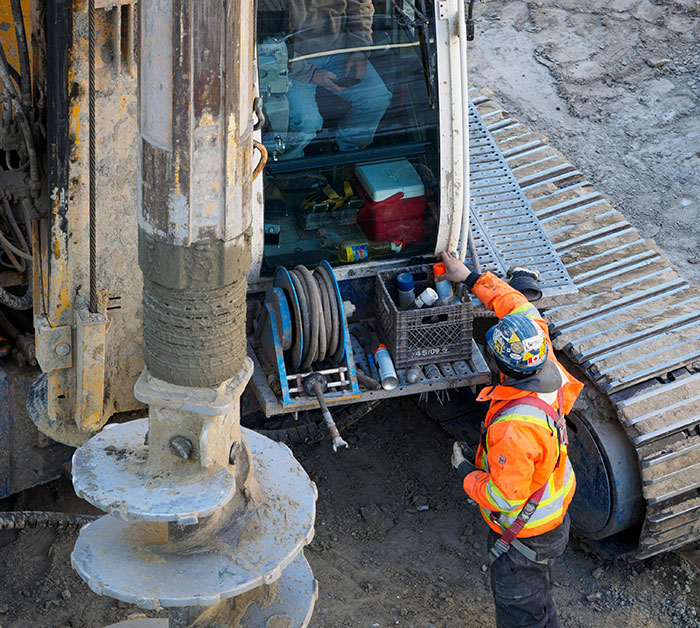
Image credits: IslandHopper X/Pexels (not the actual photo)
As noted by Gallup, leaders have a lot of responsibility resting on their shoulders. They are expected to build relationships, develop people, lead change at work, inspire their colleagues, think critically, communicate clearly, and create an atmosphere of accountability.
Meanwhile, employees want leaders whom they can trust, who are compassionate, and who offer stability as well as hope for the future.
According to Indeed, one of the most fundamental things for workplace leaders to master is good communication. They’re also expected to lead with empathy, be positive and boost morale, be confident in their abilities, and have a clear vision for the future.
On top of that, good leaders are transparent about the job and state of the company, own up to their mistakes whenever they make them, know how to delegate, and try to motivate their staff so that they feel empowered at work.
Many internet users enjoyed the story and wanted to share their opinions


